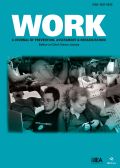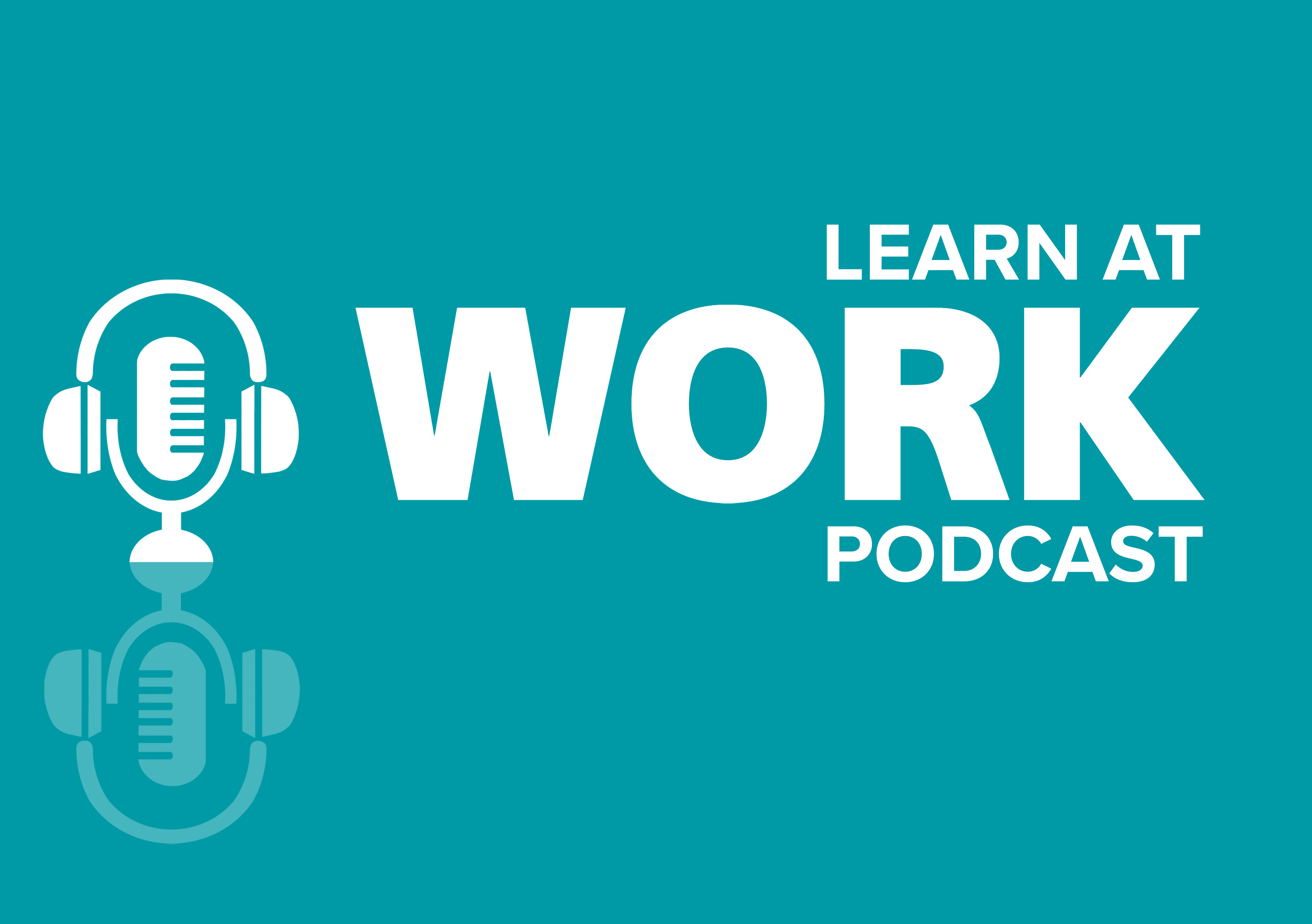Authors: Sohrabi, Younes | Yarmohammadi, Hamed | Pouya, Amin Babaei | Arefi, Maryam Feiz | Hassanipour, Soheil | Poursadeqiyan, Mohsen
Article Type:
Review Article
Abstract:
BACKGROUND: Nurses experience many job tensions, which lead to job burnout. The consequences of nurses’ job burnout include absenteeism, reduced quality of patient care, interpersonal conflicts with colleagues, physical and mental problems, reluctance to provide care with patients, and quitting the job. OBJECTIVE: The present study aimed to investigate the prevalence of job burnout among nurses in Iran using a meta-analysis method. METHOD: The study was conducted through a meta-analysis method based on the PRISMA checklist. An unlimited search was conducted until 2020 to access the Persian and English papers in national databases, including Medlib, SID,
…Iranmedex, and Magiran, and databases including Cochrane, Science-Direct, PubMed, Scopus, and Web of Science. The keywords were “job burnout, nurse, and Iran.” The data were searched and extracted by two researchers independently. All analyses were performed using version 2.0 of the Comprehensive Meta-Analysis (CMA) software. RESULTS: The prevalence of job burnout was investigated in 14 papers with a sample size of 2271 individuals with an average age of 31.44 years old, and a confidence interval of 55% (44–66%). Fars province, with 89.2%, had the highest, and Zanjan province, with 25.9%, experienced the lowest prevalence of job burnout. The overall prevalence of job burnout was 44% in males and 66% in females so that the highest prevalence was in women. CONCLUSION: The prevalence of job burnout in nurses was high in some areas of Iran. A special attention by managers is needed in this field because of the several roles played by the nurses in the healthcare system and the improvement of public health. Implementation of plans to reduce the job burnout and to improve the mental health of nurses by reducing work hours, giving more opportunities to them to express their opinion(s) in amount of salary and benefits, and creating better working conditions are recommended.
Show more
Keywords: Job burnout, nurse, Iran, systematic review, meta-analysis
DOI: 10.3233/WOR-210283
Citation: Work,
vol. 73, no. 3, pp. 937-943, 2022
Price: EUR 27.50






